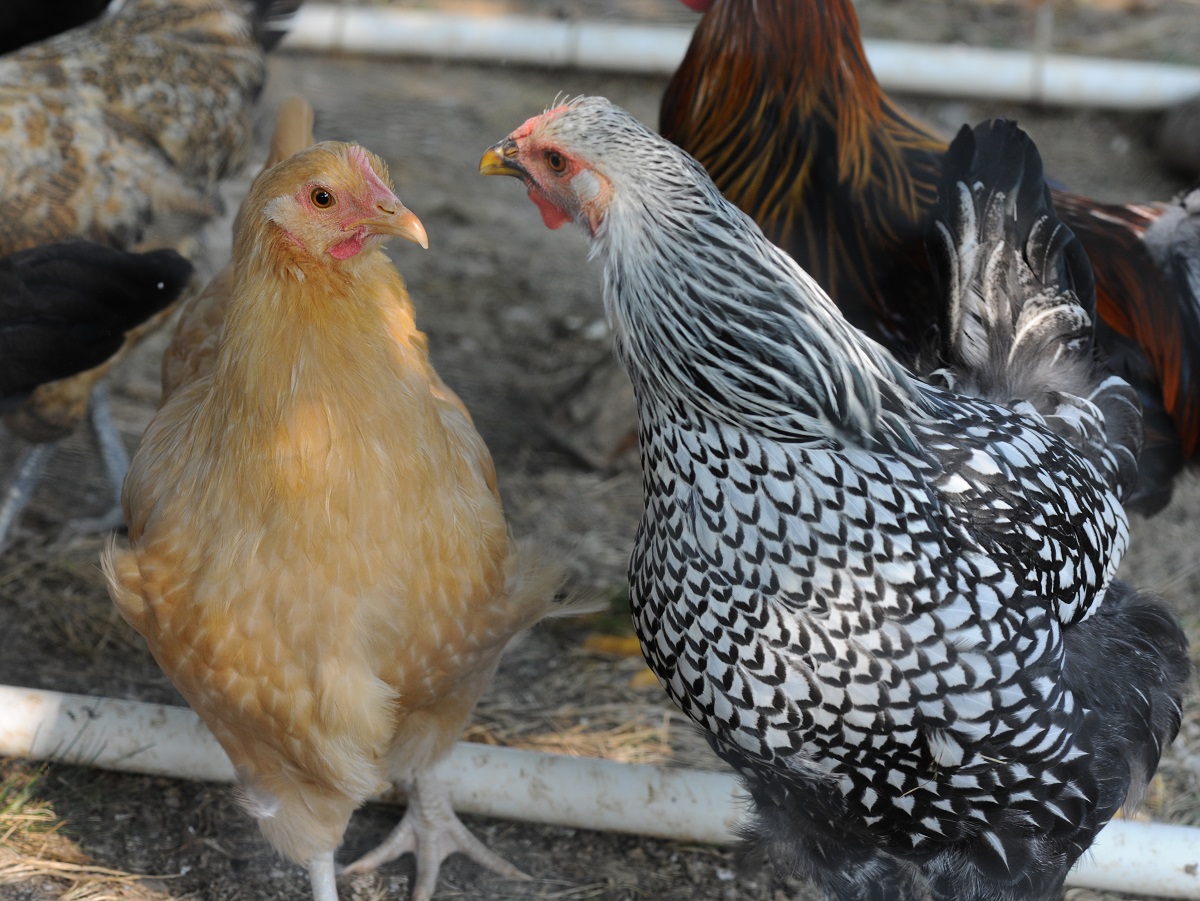
Not Accepting Wild Birds Currently
KNOXVILLE, Tenn. – High Pathogenic Avian Influenza (HPAI), a very contagious and often deadly disease of poultry, can result in the deaths of entire flocks within a matter of days. Also known as bird flu, HPAI has recently been detected in wildlife and poultry in Tennessee. This virus can spread quickly between birds, including birds that do not have any signs of disease. It has been reported to impact certain mammalian species, including humans, according to the Centers for Disease Control and Prevention. There is no treatment for HPAI, and the best prevention is to avoid sources of exposure.
Out of an abundance of caution, the University of Tennessee College of Veterinary Medicine (UTCVM) has made the difficult decision to temporarily halt the acceptance and treatment of injured or abandoned wild birds including raptors, songbirds, or waterfowl (including owned waterfowl). This precautionary measure will help protect our patients, faculty, staff and students from potential exposure to HPAI. People who have sick or dead poultry or waterfowl can call the Tennessee State Veterinarian’s office at 615-837-5120.
UTCVM recommends that people do not touch, handle or transport wild birds. If you find a sick or injured wild bird, contact your local Tennessee Wildlife Resources Agency regional office or call 1-800-332-0900.
If domestic poultry or other farm birds exhibit signs of avian influenza (ranging from sneezing, coughing, and ruffled feathers to sudden and high numbers of bird losses), bird owners should consult their local veterinarian and notify state or federal animal health officials.
The University of Tennessee Institute of Agriculture is comprised of the Herbert College of Agriculture, UT College of Veterinary Medicine, UT AgResearch and UT Extension. Through its land-grant mission of teaching, research and outreach, the Institute touches lives and provides Real. Life. Solutions. to Tennesseans and beyond. utia.tennessee.edu.